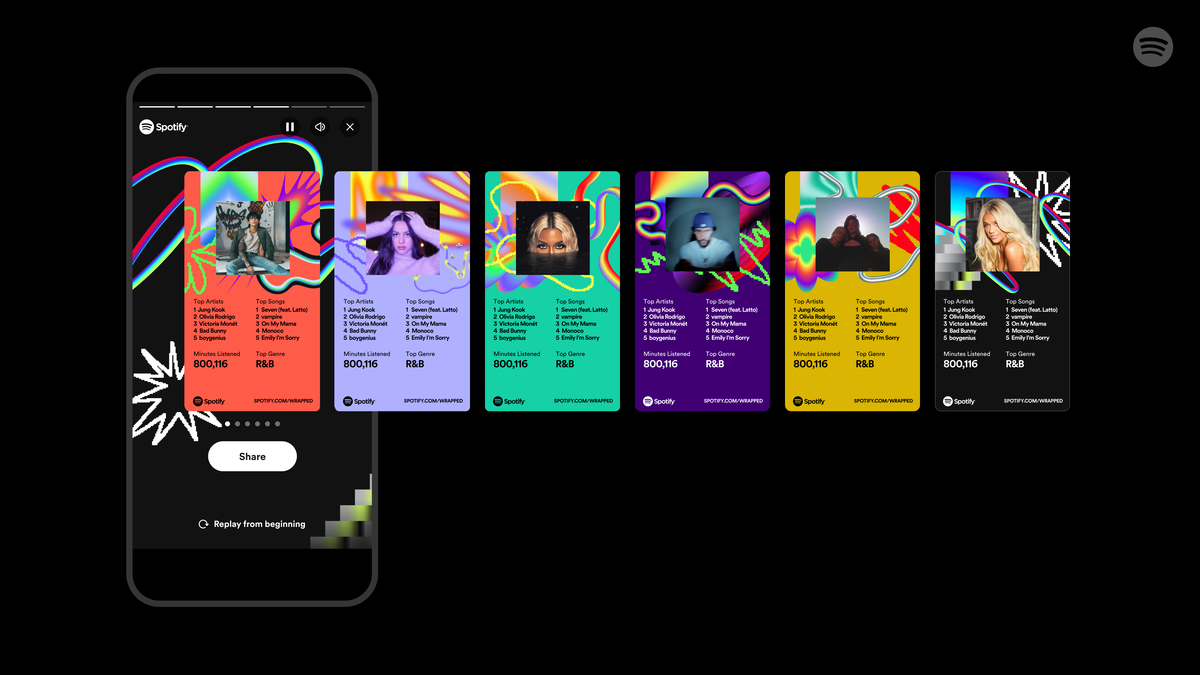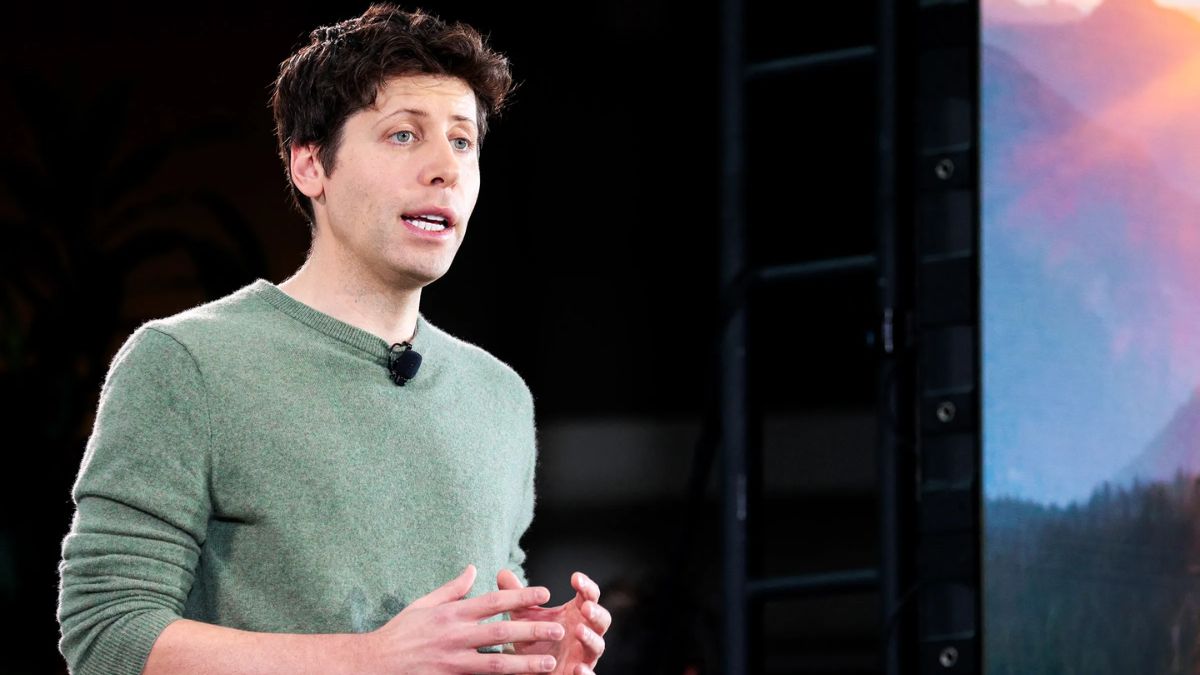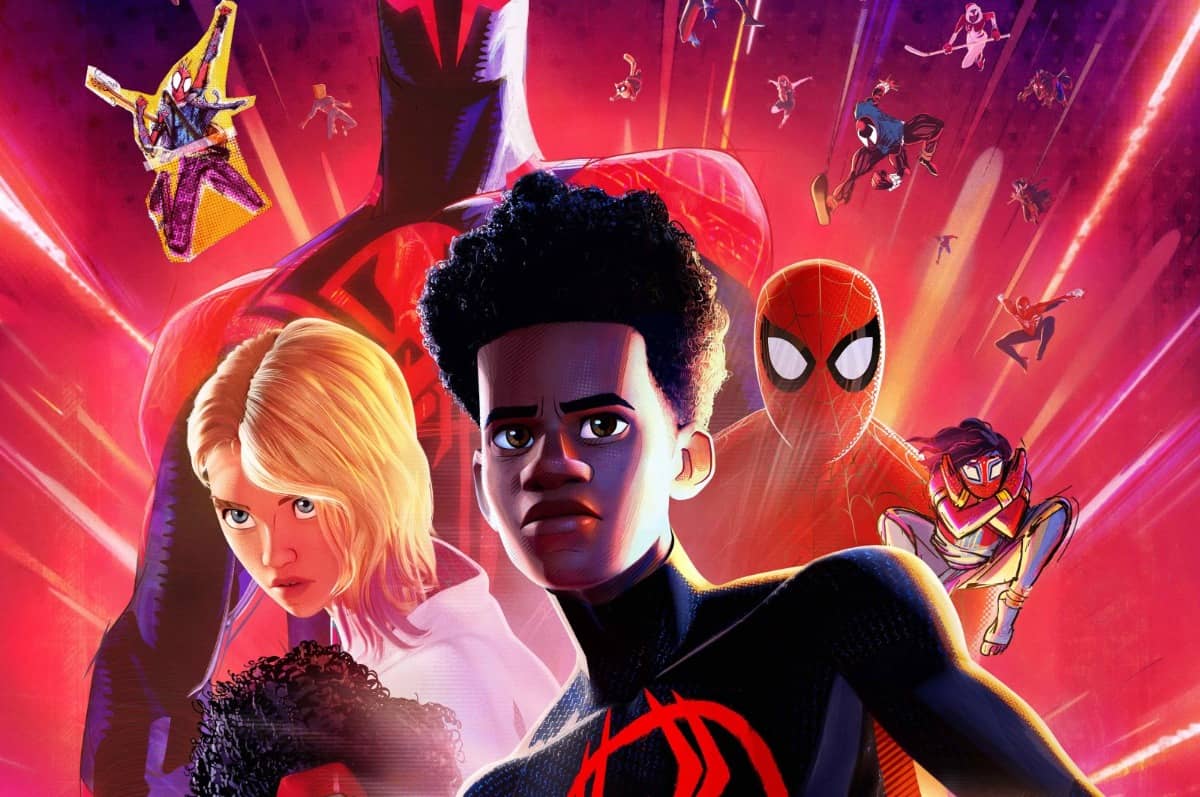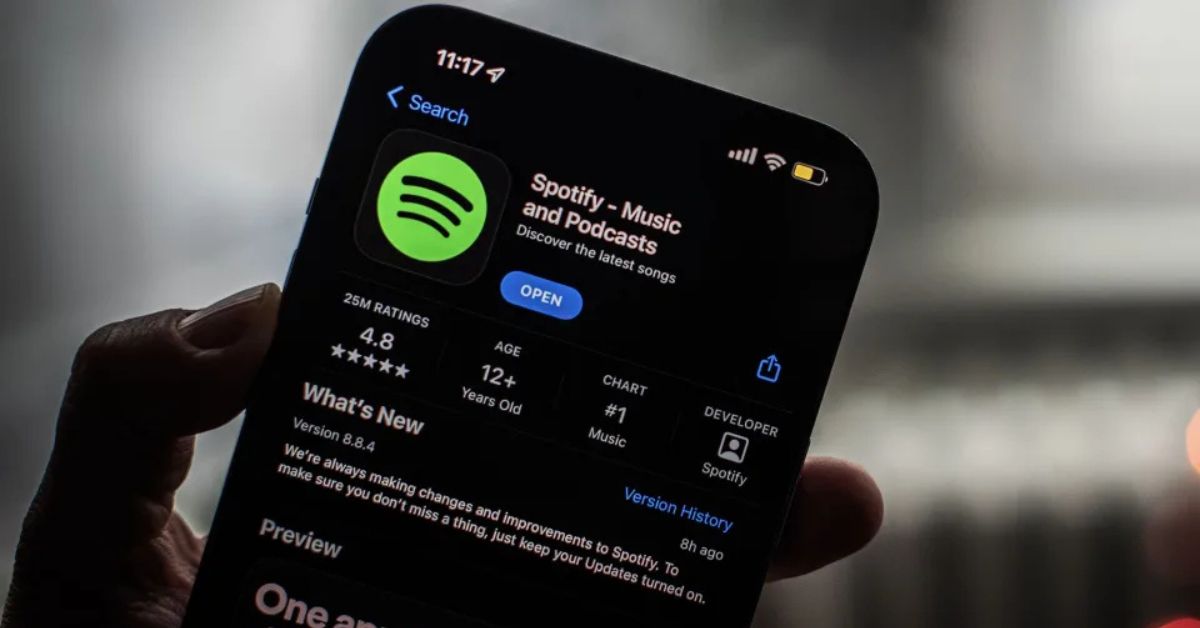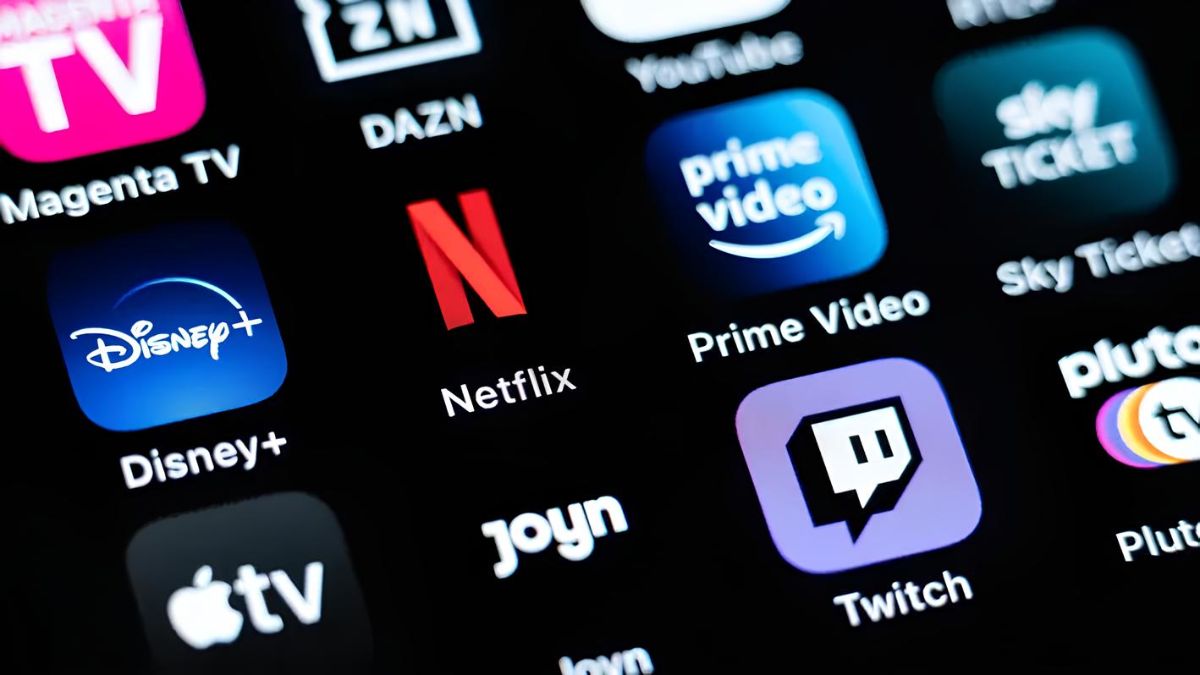Spotify Wrapped, an annual event that showcases users’ top songs and artists, is facing criticism this year.
What was once a fun way to reflect on a year of music now feels more like a hollow marketing tool.
Disappointment with Personalization
This year, many Spotify users voiced their frustration with the platform’s new A.I.-generated features. The “Music Evolution” feature, which attempts to highlight musical diversity, left many feeling disconnected and confused.
Some were given absurd captions like “Pink Pilates Princess Vogue Pop” for their musical choices. The personalized A.I. podcasts, meant to celebrate a listener’s habits, were also criticized for being overly generic and off-putting.
Instead of offering genuine insight into users’ listening lives, these features seem to prioritize marketing and data collection over real personal connection.
A Missed Opportunity for Connection
Spotify Wrapped used to celebrate the unique listening habits of each user, offering a story about who they were based on the music they consumed. However, this year’s Wrapped has been described as uninspired and lackluster.
While the reveal of top artists and songs remains, even this feature was met with complaints about inaccuracies, causing frustration among users. This shift away from personal storytelling has many questioning whether Wrapped still serves its original purpose of celebrating individual music journeys.
A Shift Toward Corporate Interests
Spotify has moved away from the idea of Wrapped as a celebration of music discovery and community. Instead, the focus is now on virality and brand recognition.
As former Spotify data expert Glenn McDonald explained, Wrapped’s goal is more about generating buzz and visibility for Spotify than truly connecting with users.
The increased reliance on A.I. and superficial features detracts from the essence of Wrapped as a moment of genuine self-expression.
The Bigger Picture: A Struggling Industry
Spotify’s flaws reflect broader issues within the music streaming industry. The platform’s business model, which pays artists mere fractions of a cent per stream, is not sustainable for many musicians. As streaming giants continue to prioritize profit over the well-being of artists and users, many are left feeling disillusioned.
While users may not find an ethical alternative to Spotify, the rise of these streaming giants highlights the need for new ways of consuming and appreciating music. The future of music streaming, it seems, lies beyond the algorithmic grip of companies like Spotify.


